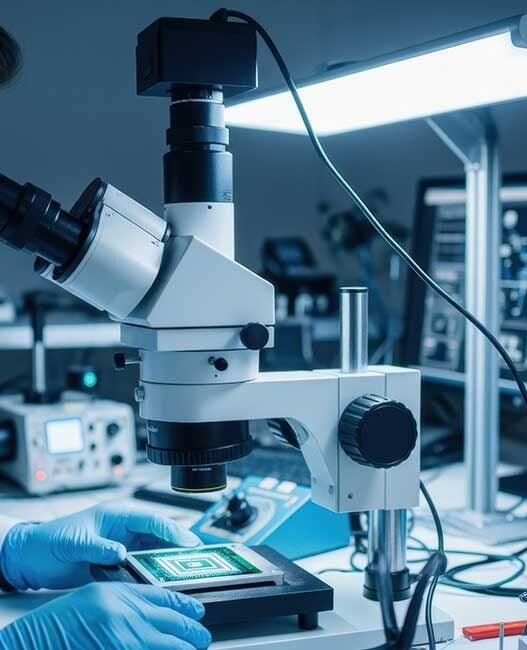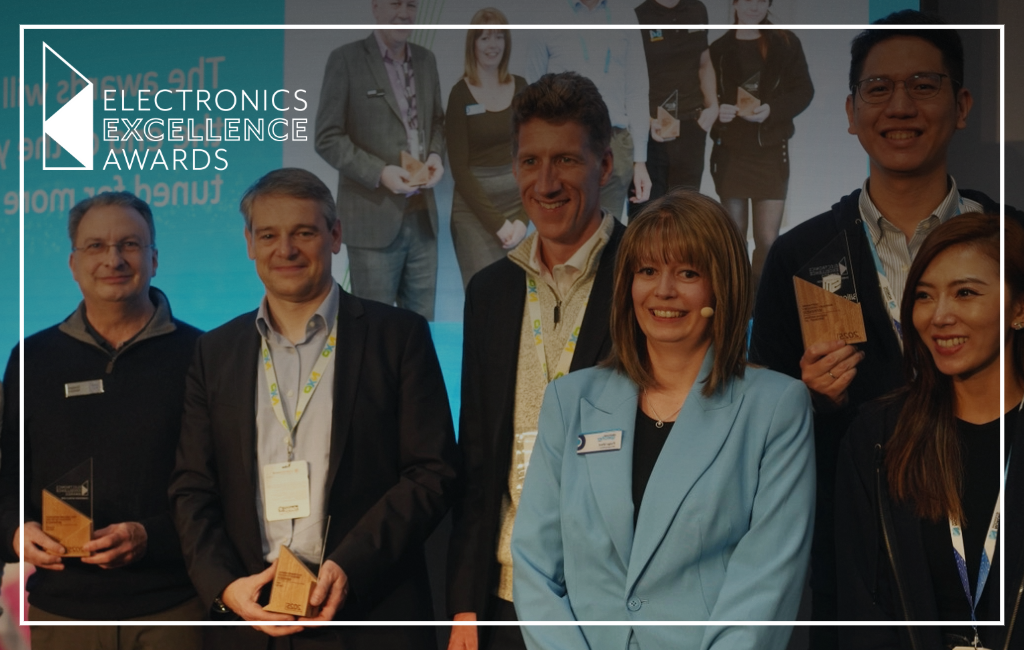The QEPrize was awarded to Professor Martin Green, Professor Andrew Blakers, Dr Aihua Wang and Dr Jianhua Zhao for their research work and development of Passivated Emitter and Rear Cell (PERC) solar photovoltaic technology that has underpinned the recent growth of high performance, low-cost solar electricity, to harness the power of the sun.
The QEPrize celebrates the engineers who continuously solve the impossible and transform the world for the better. PERC solar technology is no different.
The winners noticeably improved the energy conversion efficiency of commercially dominant silicon cells by improving the quality of both the top and the rear surface of standard silicon solar cells. PERC introduced an additional layer on the back surface that helped prevent recombination and further, reflected unused photons back into the silicon to generate more electrons.
“I believe that everything we do has to be oriented around the global energy transition, so we can achieve net zero, for the planet and the people that live on it.” said Lord Browne of Madingley, Chairman, Queen Elizabeth Prize for Engineering Foundation.
The winners are behind the development and commercialisation of PERC technology, helping to drive the supply of clean energy around the world as part of a drive to mitigate the impacts of climate change.
“The future of solar cells is enormous and could make major contribution to delivering net zero emissions,” explained Professor Dame Lynn Gladden, Chair of the QEPrize Judging Panel.
This year’s innovation has been and will continue to be integral to achieving net zero, and the global energy transition.
In 1983, Green and Blakers at the University of New South Wales produced solar cells with 18% efficiency, surpassing the 16.5% recorded previously. Over the next few years, they published cell results of 19% and 20% efficiency, and theoretically determined the maximum achievable efficiency to be close to 30%.
Green’s Lab at the University of South Wales held the global record for efficiency for 30 of the 40 years from 1983 to 2023, with Wang and Zhao leading the work which eventually reached Green’s 25% efficiency target.
Recognising the vital role PERC technology plays in the development of solar energy, the awardees published their findings with no patent, encouraging further developments within the field and driving down the cost of production to the benefit of wider society.
Through continued research and development, and the help of many others worldwide, the 2023 winners have significantly reduced the costs of solar panels, with the cost of solar power generation falling by over 80% in the past decade.
PERC technology is now the most commercially viable and efficient silicon solar cell technology used in solar panels and large-scale electricity production, and accounts for almost 90% of the global solar cell market.
The increased adoption of solar energy, alongside other renewable energies, is key to reducing more than three quarters of present-day global emissions and reaching net-zero carbon emissions by 2050 – as called for in the Paris Agreement. Solar energy provides a solution that is not only clean and sustainable, but accessible and affordable to the wider public.
The demand for solar energy is growing around the world. With global economies increasingly recognising its benefits, the IEA estimates global solar PV capacity to almost triple over the 2022-2027 period, becoming the largest source of power capacity in the world. Currently, Solar is providing about half of new-build electricity generation capacity worldwide.
Not only is solar being introduced into major national electricity grids but because of its low cost and easy installation, it is also being utilised in microgrids for communities across global low- and middle-income countries.
Professor Martin Green stated: “I am honoured to share this esteemed award with Andrew Blakers, Aihua Wang and Jianhua Zhao. As engineers, we are constantly striving to improve the world we live in. As the world feels the devastating impacts of our changing environment and collapsing ecosystems, I feel passionately that more must be done to reduce our reliance on fossil fuels and keep up with the trajectory of human civilization. I hope that PERC technology winning the QEPrize will open many people’s eyes to the possibilities of renewable energy.”
“It is a privilege to receive the Queen Elizabeth Prize for Engineering alongside Martin Green, Aihua Wang and Jianhua Zhao. The QEPrize aims to inspire a new generation of engineers and I hope that this year these engineers will be inspired, like me, to create solutions that can help us tackle the biggest challenges faced by humanity, such as climate change,” said Professor Andrew Blakers.
Dr Aihua Wang said: “Achievements in engineering can have a remarkable impact all over the world and we are very grateful that the Queen Elizabeth Prize for Engineering has selected PERC technology among many global innovations. It is my pleasure to share this award among friends and colleagues who each played a critical role in achieving the energy efficiency target.”
“I am greatly honoured and pleased to receive this award. We have been deeply committed to the research and development of PERC technology for many decades, and so to be recognised alongside Martin Green and Andrew Blakers for this contribution is very special,” exclaimed Dr Jianhua Zhao.
The four winners will share a £500,000 award and trophy, to be presented by the Princess Royal.
Awarded annually, the Queen Elizabeth Prize for Engineering is presented to engineers responsible for ground-breaking innovations that have been of global benefit to humanity.















